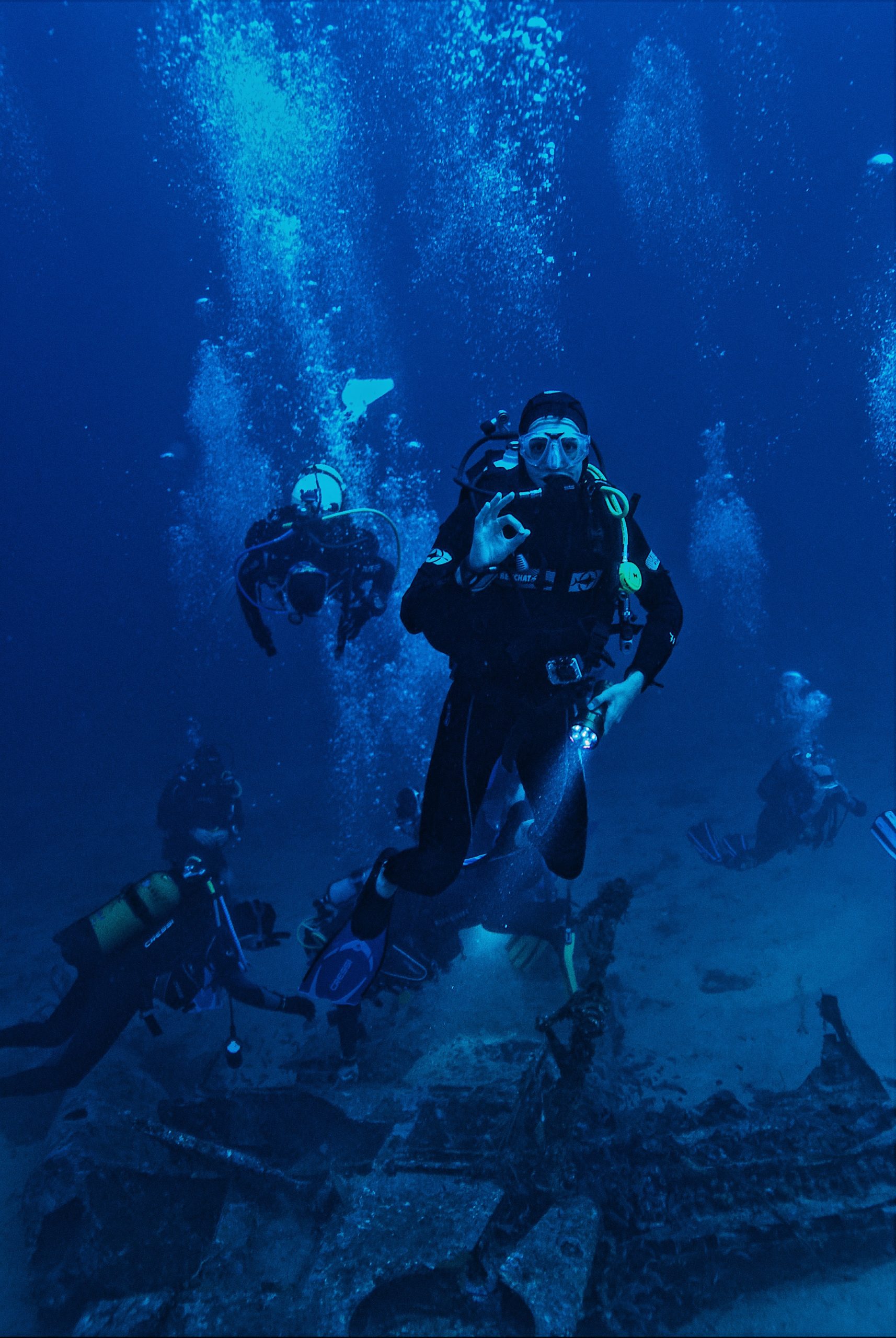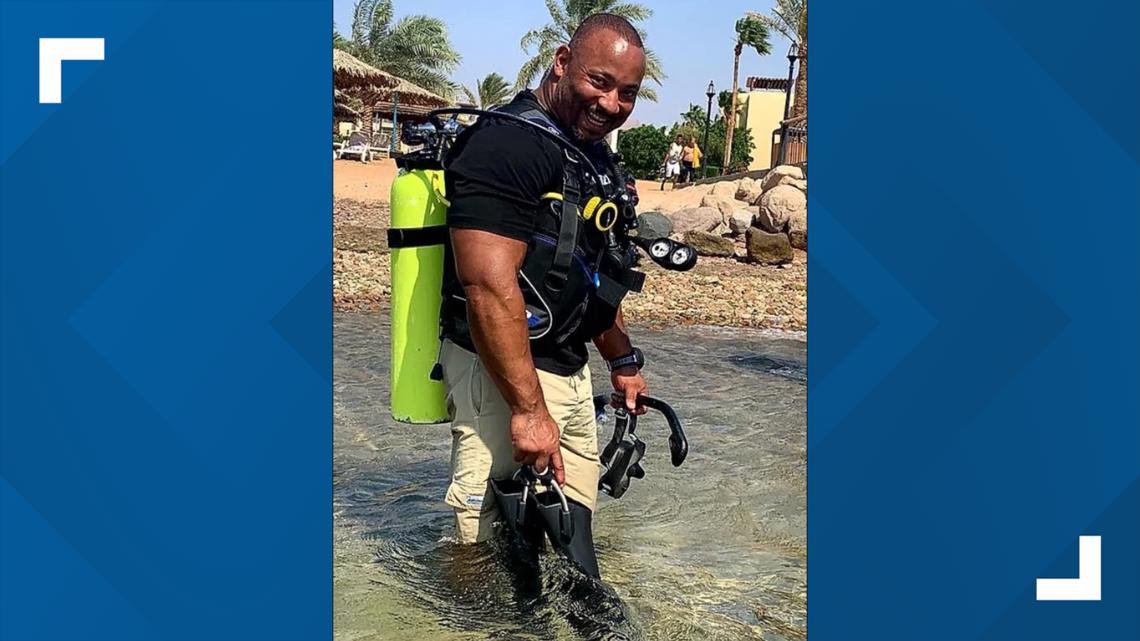
This weekend, the country is honoring the lives of those who’ve died in combat, but most agree more needs to be done for veterans who suffer from mental health diagnoses like PTSD.
This is why, a former Atlanta police officer, and disabled Marine veteran has created a nonprofit to support those with PTSD returning from war.
“You get in your own head, and it’s like, I don’t like how I feel on the surface,” Service-Connected Disabled Veteran and Deep Blue Dive Therapy Founder Larry Wilson said. “And a lot of people I find feel that way, but the moment you crack the waves, and you crack the seal, it’s a different world; now you can see because your eyes are open.”
He had already seen a whole lot when he started the nonprofit. Wilson served over a decade as a P.O.S.T. Certified Police Officer and has 1,755 varied law enforcement training hours with the last three years of his police service as an Undercover Narcotics Agent in metro Atlanta.
“Swimming on the surface, there’s a little trepidation because you don’t know what’s down there,” he said.

Years after returning home from combat, he was scared to dive into the PTSD diagnosis that changed how he thought of himself.
“It’s kind of hard to one day be on top of the world and then needing help. It’s a weird thing, I fell into that,” he said.
To pull himself out, he had to go in.
“Once you get underneath, literally, they think I am just a big ugly fish. And they don’t care,” he said.
The water washing away the rigid demands of who they are supposed to be.
“You become part of the world around you. And you don’t have all the noise and the things that are distracting and stressful,” Georgia Aquarium Salute to Veterans Program Manager Jason Bush said. “You have to be in the moment.”
Many of the divers have lost friends in arms to suicide.
“Much like many of us that struggle with the invisible wounds of war, it’s much like leaving all of that on the surface. And not being bound by the things you struggle with every day. The anxiety, the PTSD, the depression,” Bush said.
The American Institute of Stress is studying the benefits of scuba diving for PTSD. Wilson said diving can save lives.
“Pushing yourself to find ways to help yourself. Knowing there is a problem and getting deeper. And then finding ways to help yourself,” Wilson said.
Helping with a new mission to heal.
Kaitlyn Ross





